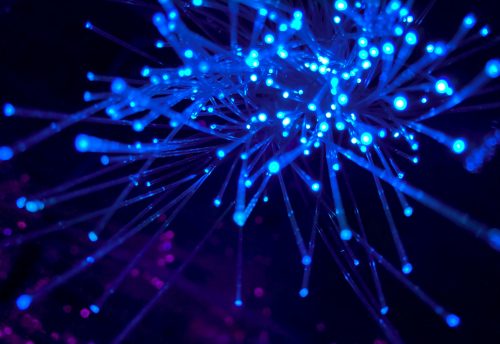It seems that nearly every physical object either has a sensor, or soon will. And that can lead to censoring by government or by us.
The tires in an automobile have sensors of the tire air pressure, which is a good thing since it informs us when the tire needs more air. Sensors also inform us when the tire has worn enough to need replacement, and that too is a good thing. However, when the tire information is transmitted to a tire store that then attempts to make a sale that can be an invasion of privacy. When the car transmits information about where it has been that also raises questions about invasions of privacy.
Light switches are accessible over the Internet and thus have sensors as to whether they are on or off. Thermostats that are Internet accessible sense room temperatures. When hacking occurs there will be risks to our homes, and also to our privacy.
Even people have sensors of body temperature and heart rate. Drones are multiplying and are being use to track us and potentially invade our private lives.
One potential problem is that sensors can lead to censoring if government gains access to the information. There also is the risk of self-censorship in what we say and where we go.
Where will this fascination with sensors lead? What crises will be created and will they be sufficient to halt the progress or create adequate protection and limits? How much censorship or we willing to accept in return for the benefits of sensors?
Michael Noll
Quello Associate and Professor Emeritus of Communications, Annenberg School at the University of Southern California



